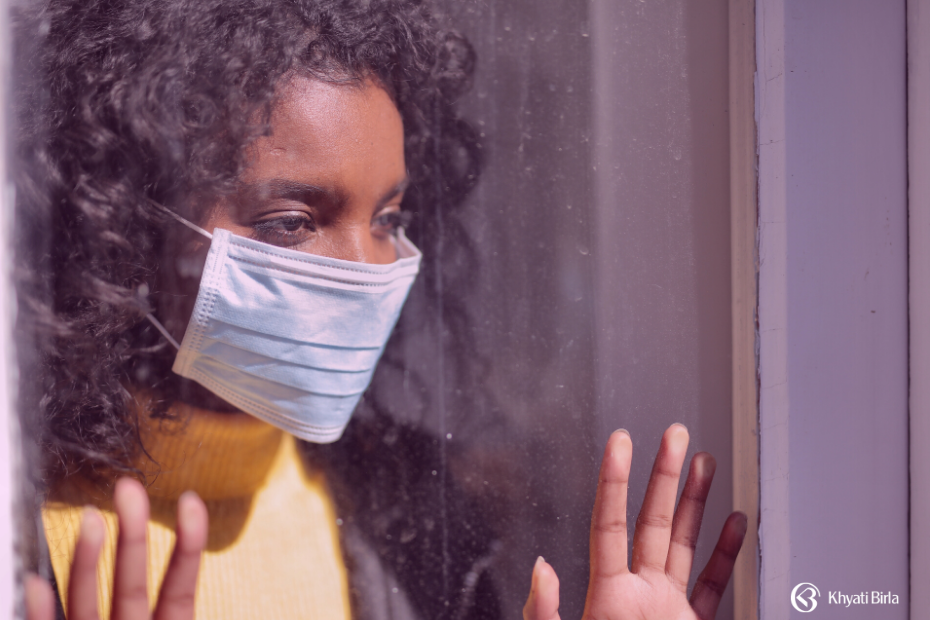INTRODUCTION
As Countries the world over slowly limp back to normal at their own pace, Strategies for beating back Coronavirus will continue to shape the world and it’s behaviour till an effective solution is found. Until then, we are all learning to live with it. This is causing tremendous stress on individuals as uncertainty looms large on the horizon.
A study on The Psychological Impact of Quarantine reported negative psychological effects including post-traumatic stress symptoms, confusion, and anger. Stressors like lengthy quarantine period, fears of being infected, frustration, boredom, inadequate supplies, inadequate information, financial loss, and stigma take their toll on the psyche. Some researchers have suggested long-lasting effects.
During major infectious disease outbreaks, quarantine has been the default preventive measure. However, this Review suggests that quarantine is often associated with a negative psychological effect. During the period of quarantine this negative psychological effect is unsurprising, yet the evidence that a psychological effect of quarantine can still be detected months or years later—albeit from a small number of studies is more troubling and suggests the need to ensure that effective mitigation measures are put in place as part of the quarantine planning process.
It is likely that people with pre-existing poor mental health would need extra support during quarantine.
Khyati Birla
EMOTIONAL NEEDS
Before we move on to our Stress Management Strategy, that you – our dear reader – are here for, first, let us understand the emotional needs that can arise during prolonged periods of uncertainty.
According to Dr. Steven Taylor who wrote a book on Pandemics,
3 needs can arise during Pandemic or times of Uncertainty within us to make sense of threatening events
- Epistemic – The need to understand one’s environment
- Existential- Needing to feel safe and in control of one’s environment
- Social – Need to maintain a positive image of oneself and within the group
Therefore, Any STRATEGY that we create will be effective only when it also fulfils the above 3 needs. (I think we can all agree that during Uncertain times, we crave for some normalcy that brings us some certainty and comfort, makes us feel in control of our lives and at the same time, if we are able to be on top of things, or have skills that help us deal better with Uncertainty than the rest of the population, it certainly imparts a higher level of Self-Worth to us. For e.g. “I can deal well even while others are fumbling” makes one quite capable in one’s own eyes and hopefully in the eyes of others too.
Hence, now, let us take a look at an effective Stress Management Strategy which when used not only beats back STRESS but also creates Resilience and Emotional Intelligence thereby creating a good Emotional Home within us.
Read on to know how.
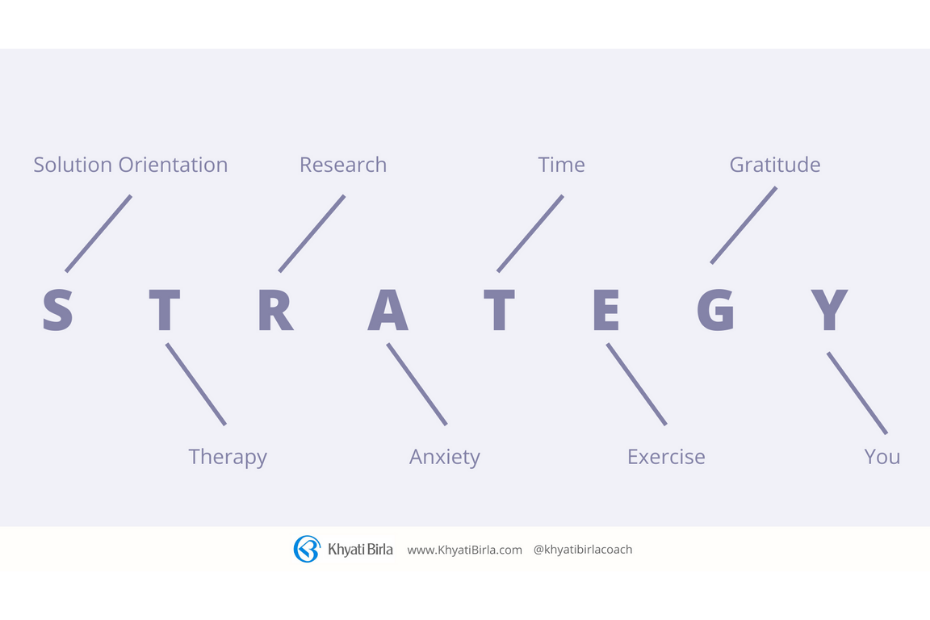
STRATEGY
Our STRATEGY itself is an acronym of 8 Significant Mental Reminders that when built into habits will help not only now but also in future times to come. This STRATEGY works for all demographics, be the groups comprised of people who are pursuing a career or managing their houses, young or old.
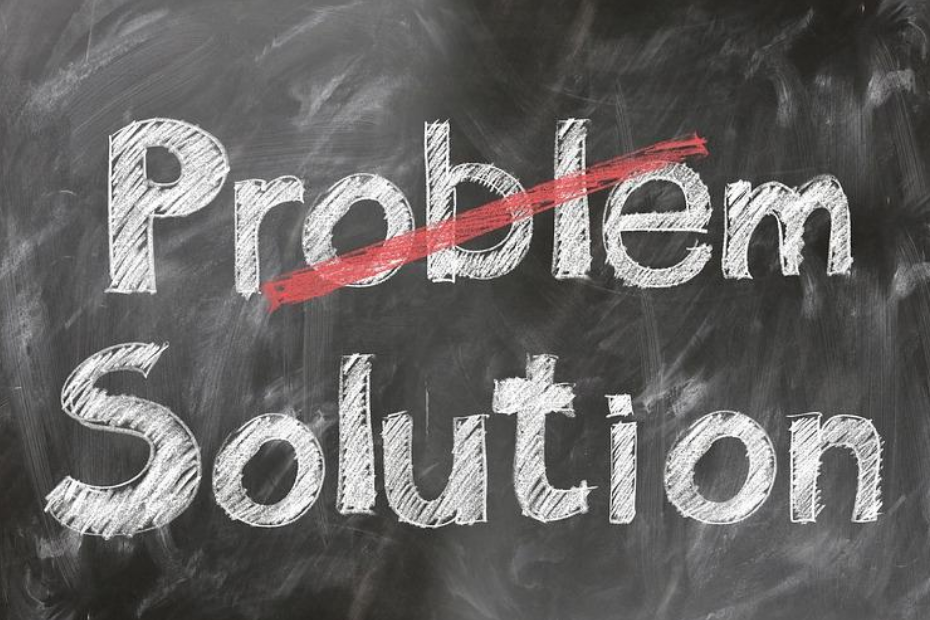
S – Solution Orientation
When Stressed remember to turn your mind towards solutions, instead of dwelling on the problems. Einstein said, “If I had an hour to solve a problem I’d spend 55 minutes thinking about the problem and five minutes thinking about solutions.” However, figuratively speaking ,after 55 mins ,we start ruminating about the unfairness of the problem and go on a self-limiting ,self-victimising spree ,making us feel helpless and strait jacketed. After “Maximising” a problem and “Minimising” ourselves, we find ourselves in a chokehold from which we find it impossible to ever overcome this problem. During such times, it’s vital to do whatever we can to come to a Neutral state of mind and think about what we can do instead of focusing on what has happened. Not always easy to do, but with patience and practice, you can at least create more possibilities for you than what existed before. This fulfils all 3 needs i.e. Epistemic, Existential and Social needs also .
To create newer perspectives, you will need to cultivate new styles of thinking . Tools like 6 Thinking Hats, Critical Thinking etc Develop the skill of creating wider perspectives.
A major aspect of being Solution Oriented also involves being rooted in Authenticity. Having self-awareness about our personal strengths and weaknesses and how confident we feel about ourselves when facing new situations, these skills provide grit that being solution oriented requires. Yes, Self-Awareness is a Skill.
Think about how the 3 needs are being fulfilled with this point and the ones that follow and respond in the comments section below .
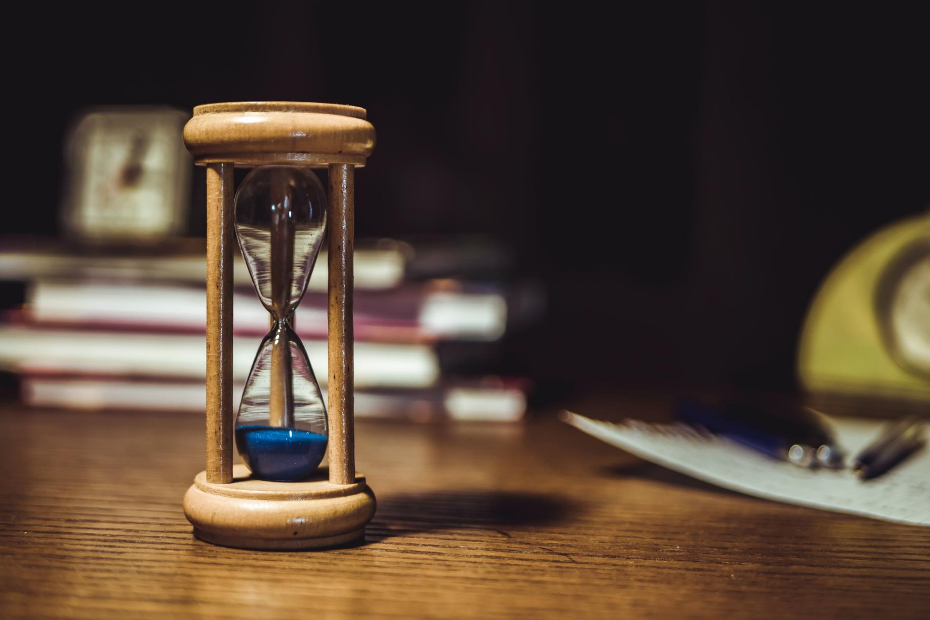
T – Time Management for Routine
During such a time, when Uncertainty is at it’s highest and Stress Levels rising through the roof, Uncertain Times demand Determined Action. In the midst of all the news about the global pandemic, it’s important to maintain a routine that supports a highly functioning immune system.
Have time for Work, Family, Chores, Health, Self-Care and Sleep. A routine will help you incorporate Efficiency in all the above areas. You will have to create a New Routine or a New Structure that helps you get through the tasks, Super Hero like.
Our immune system is bolstered by a variety of lifestyle factors. Getting enough exercise and sleep, keeping your microbiome healthy, and managing stress levels are all crucial for helping your body battle whatever you are exposed to.
Moderate exercise has been shown to support a strong immune system. If you are used to a routine of yoga or other fitness classes, or visiting the gym regularly, you will need to adjust your routine but still stay active.
Gut health plays a big role in the immune system, so you want to do the best you can with your meals. Taking your time when you eat and chewing thoroughly can also support gut health.
Sleep hygiene is more important than ever. Turning off screens at least an hour before bed is crucial to give yourself some downtime so that your nervous system can shift gears. When stressed, you might want to sleep less or more than usual. That could be your body’s way of coping so don’t beat yourself up for it. Journaling your worries and writing down what you are grateful for are two ways to shift gears and let your mind settle. More on this in the following points.
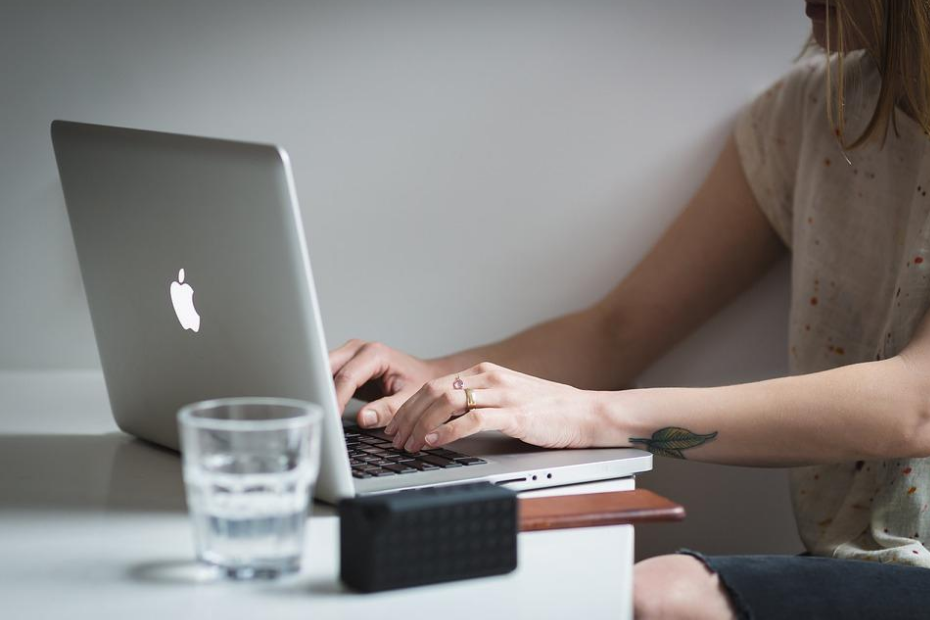
R – Research
Now more than ever, unsolicited news are proving to be a source of great distress. We need to understand that Covid 19 is defined as a “Wicked Problem”. Wicked Problems have no clear, cut solutions. The solution depends on how the problem has been defined. Therefore the Pandemic has bred a lot of uncertainty not amongst the population but also amongst those Covid Warriors who have set out to solve it or deal with it. If you need information, please get your own information from reliable sources. Social Media Forwards may not be authentic as we can see from the amount of Fake news being circulated.
Conspiracy theorists also get pretty active for reasons we will discuss in an upcoming blog on COVID 19. Fake News and Conspiracy Theories are stressful and promote fear-mongering. Spare about 15 mins a day to catch up on the news of the day and resist the urge to constantly monitor the news. It will bring about fatigue. More on this in an upcoming blog soon.

A – Anxiety Breathing
Have you noticed how when you are gripped by intense emotions, you breathe quite shallowly? Mood control especially anxiety can be controlled and eventually conquered by simply breathing right. People suffering from anxiety are shallow breathers.
Here’s one type of Breathing that when practiced will surely help in curbing Anxiety.
The Box Breathing Technique
- Start by exhaling out through your mouth and nose till you feel empty inside
- Now Inhale Gently for 4 counts
- Hold your breath for 4 counts
- Exhale Gently for 4 counts
- Hold again for 4 counts
- Repeat steps 2-5 atleast 10 times for starters. That means 10 repetitions of Steps 2-5. You can slowly increase upto 20 repetitions too.
Do not breath in or out strenuously or noisily. After about 5 -10 rounds most feel a sense of calm descend upon them along with a certain coolness within them. This Box Breathing Technique is said to be practiced by the US forces who are always amidst an alarmingly high level of Uncertainty. Mind Mastery or for that matter Mood Mastery begins with Breathing.
Shallow Breathing keeps the “Fight or Flight” response of the body activated. Consequently, as the body is flooded with Stress Hormones, states like Anxiety, Anger, Frustration etc kick in and add to the Physiological Stress of the Body. Deep Breathing is known to move the system to Parasympathetic Nervous System which initiates the “Rest and Digest and Procreate” response. In this state the Body feels safe and therefore releases Hormones that keep one calm and relaxed. Hence even in times of distress, particularly when in times of distress, it is vital for one to remember to breathe deeply. This allows one to assess how real the threat is and remain appropriately solution oriented.
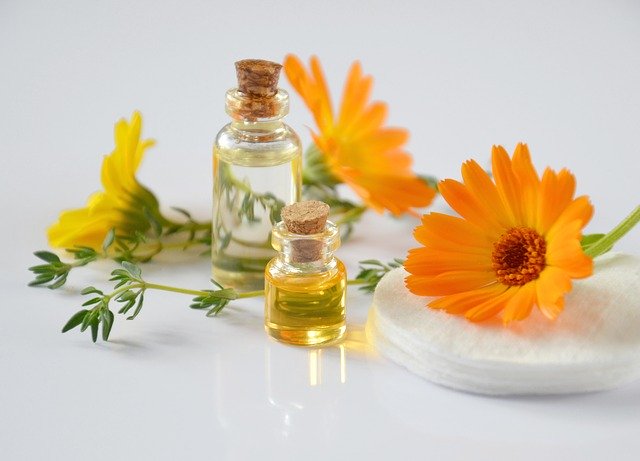
T – Therapy
Dealing with Covid means that for some, now our working hours are filled with doing work that we don’t usually do in routine. There is no professional help in running the household and everything is on you and the members of the family. Some have lost their jobs, while for some, there are extended work hours because nobody knows now when the working day begins and when it ends.
People are putting in more than 14 hours a day at work; the current work from home style involves dependence on digital devices for longer than before which has it’s own set of inbuilt harmful consequences. These actions can have a damaging effect on the psychology.
Therapy is very useful and often Self Therapy gains a prominent role during times of uncertainty to feel more grounded. Offer yourself some Self Care even if it’s for 15 minutes. When emotionally tired, choose Journaling as Writing Therapy. Write down what you have learnt and what will you choose to learn to cope with next. When you write, your mind becomes clear and the mental log jam releases thereby energising you too.
Build in some Deep Breathing time. It is said to detoxify our body by 80 %. We generally shallow breathe when Emotionally Disturbed. Deep Breathing Therapy calms us down by sending a message to our Physiology that we are safe and comfortable.
Adopt the Practice of Meditation. Meditation shields you from the harmful, psychological side effects of Quarantine and helps you Build Emotional Resilience. Meditation is the strongest Psychospiritual therapy for the current situation that exists with proven benefits. Who has the time to adopt Meditation when rushed for time, you ask? With the practice of Meditation, for as low as even 8-10 minutes a day, your systemic efficiency increases and so do your Decision Making and Problem-Solving Skills. The first benefits you may start noticing maybe that long days do not seem as long.
Disclaimer: Fatigue is a COVID 19 symptom so do talk to your GP if you have unusually high levels of fatigue that is not alleviated with enough rest.

E – Exercise
Most adults are quite informed about the physical and mental health benefits of exercise and understand the importance of engaging in some form of regular physical activity. Lockdown measures taken to reduce the spread of COVID-19 are causing changes in everyday schedules and disrupting workout routines for many.
If you are working from home, you may find that you are sitting for prolonged periods. And, changes in your daily routines — such as caring for children who are home from school — may make it more challenging to find time to exercise.
All the extra time spent at home may make you more likely to snack frequently, “stress-bake,” or prepare high-calorie, “comfort-food” meals.
Additionally, many people are coping with an influx of negative emotions like fear, anxiety, stress, financial concerns, career concerns, sadness, boredom, and isolation — all of which can have a harmful effect on diet, physical health, and mental wellness.
Although it might be tempting to skip your workout during these challenging times, exercise — while undoubtedly important under normal circumstances — is essential to your physical and mental health during the COVID-19 pandemic. For along with other well-known benefits like weight loss and fitness, Exercise is even proven to bolster the immune system.
You can exercise with family as a family bonding time. An excellent idea is to train for a functional goal like working out 5 days a week or beating your previous running record etc.
Although it may take some effort to create and adjust to new fitness routines, regular physical activity can help you optimize your health and well-being during the pandemic.

G – Gratitude
Though having an attitude of gratitude is known to be the keystone of positive emotions, Cultivating an attitude of Gratitude during Pandemic may prove to be challenging for some. The thing to realize is we will all experience a spectrum of emotions during this time, what we call as mood swings with moods changing like quicksilver. It’s what makes us human.
If you’re struggling or maybe just looking for more ways to practice self-care, here are some tips to keep in mind to practice more gratitude during the pandemic:
1. Don’t Force yourself
If you are having a hard time feeling grateful right now, know that it’s ok. It is perfectly fine to give yourself the time to process your emotions however you need to process them, and at your own pace. Unconditional self-acceptance is more important than ever. It allows us to accept others too. We are quick to negatively judge ourselves and others when our survival feels threatened. And we do feel threatened in Uncertain situations.
Practising self-compassion and allowing yourself some leniency to first accept your own thoughts and feelings is critical. Studies suggest that we are more judgemental towards others when we are more judgemental towards ourselves. Once we realize that we are imperfect, it will be easier to accept the imperfection in others.
2. Keep it Simple
There is truly no reason to complicate the gratitude process. Let’s start by remembering the small comforts we do have. Just take note of all the things that bring a smile to your face even if it’s momentary.
As per Barbara Frederickson in her Broaden-and-Build Theory of Positive Emotions, positive emotions help
- “broaden” your thinking and attention, helping you think out of the box i.e. problem-solving with creativity and
- “build” your personal resources i.e. reduce the effect of stress on your body by boosting your immune system and building resilience. Stress, fear, and anxiety, on the other hand, restrict your perspective and put strain on your resourcefulness.
What’s wonderful about this theory is that it highlights how positive emotions can wipe out the harmful effects of negative emotions on your body. That’s why practicing gratitude and working on staying positive and grounded, can be beneficial during stressful times such as the pandemic.
Be gentle with yourself. Be grateful when you can be compassionate for yourself and be ok with yourself even if you can’t. And when it comes down to it, you deserve as much gratitude for yourself as you give everyone else.
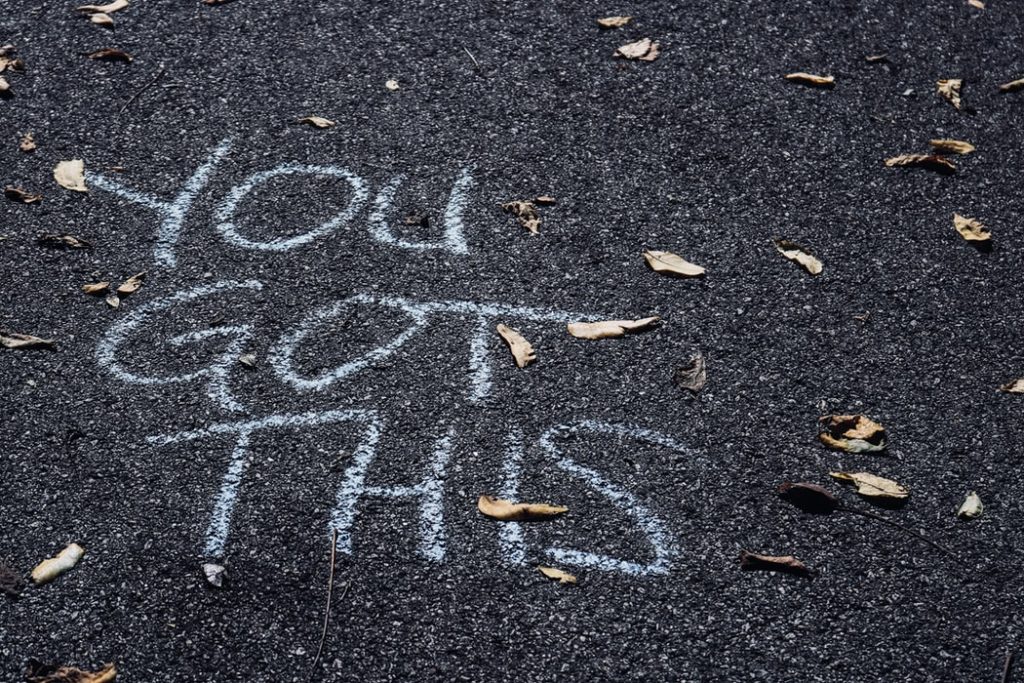
Y – You.
You are at the centre of your life. Rethink your life. You are your own system expressing yourself in various verticals like Relationships, Career, Social Life, Hobbies etc. In which areas of your life are you unhappy? If you look closely, those areas are likely to be areas where your self expression is not Authentic. What would you rather do instead? The first step of Authenticity is to stop worrying about your Image. It is to stop worrying about how people perceive you. You have the capability to create a Reality and Attach a value to that Reality. What would you like your Reality to be in terms of Emotions? What would you like to feel on a daily basis, when facing different situations in your life? This is the Starting point of Redesigning /Building/Unmasking a Desirable You.
CONCLUSION
People who have faced extensive lockdowns on account of the Pandemic conclude that this is an opportunity to identify what was actually important. The pandemic has also allowed people to “Power on” their Mental Strength and express their humanity. People now know, they say, how strong they actually are.
Various Vaccines with varying approaches are being developed but until the solutions are implemented, the success rate of the vaccines won’t be assured. These are “Emergency Vaccines” at the best. We can only hope that the “Emergency Vaccines” are the actual solution and not a stop-gap arrangement. (Though a Stop Gap arrangement will also be a highly attractive proposition compared to extensive lockdown cycles) An Actual vaccine cycle is at least 7-8 years long and consists of various trial cycles. Meanwhile the rising fallout in terms of Life, Economy, Relationships etc,raises doubts as to how long will it actually take for everything to come back to “Normal”. Experts suggest it may not be “Normal” for a while and we may have to learn to live with a “New Normal”.
“The last of human freedoms is to choose our attitude” said Dr. Victor Frankl. Let us choose an attitude that allows us to be resilient and thrive in the face of Uncertainty that the New Normal brings.
Author's Note The purpose of this column is to enable the reader to build a healthy Coping Strategy one good habit at a time. Please allow yourself upto 6 months of constant practice and allow the habits to build up to see the change. If you find yourself struggling to conquer stress, please contact us on khyati@khyatibirla.com to see how you can go on to lead a better life. #habitsthatcausestress #stressmanagementtips Khyati Birla
